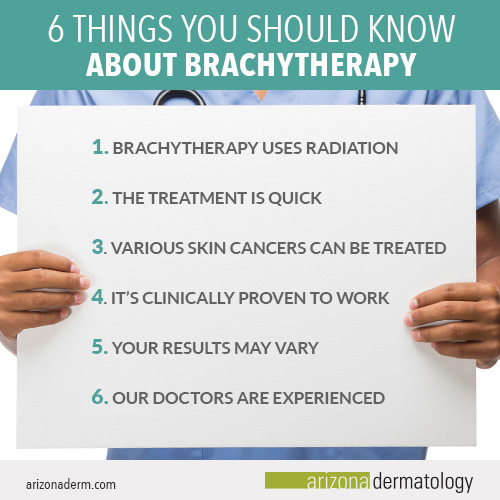Myths And Truths Regarding Acne: Debunking Common Misconceptions
Myths And Truths Regarding Acne: Debunking Common Misconceptions
Blog Article
Authored By-Haney Powers
You might think that indulging in delicious chocolate or greasy foods is the root cause of your acne, however that's simply one of several misconceptions swirling around this usual skin problem. As a matter of fact, acne mainly stems from clogged up hair roots, not your last dessert. Misconceptions like these can lead you to adopt inefficient skin care methods that may even intensify your circumstance. As you navigate the facts behind acne, you'll discover understandings that could change your approach to skin care and assist you attain more clear skin. So, what truly lies below the surface?
Common Myths About Acne
When it concerns acne, many individuals believe in common misconceptions that can lead to confusion and disappointment. One widespread misconception is that consuming delicious chocolate or oily foods triggers acne. While diet can influence skin wellness, the direct web link between particular foods and acne isn't as well-defined as many believe.
Another usual mistaken belief is that you ought to scrub your face vigorously to improve outbreaks. In reality, aggressive scrubbing can aggravate your skin and get worse acne.
You might likewise think that acne only impacts teenagers, but grownups can experience it also, frequently because of hormone adjustments or tension. Some individuals assume that sun tanning can clean up acne, but sunlight direct exposure can really lead to skin damage and get worse breakouts in the long run.
Finally, https://thetab.com/uk/2021/04/23/these-are-the-uk-reality-stars-who-have-admitted-to-getting-cosmetic-surgery-203079 believe that using extreme products will eliminate acne rapidly. Nevertheless, these products can remove your skin of its all-natural oils, causing enhanced inflammation and even more breakouts.
Scientific Facts Behind Acne
Comprehending the scientific truths behind acne can equip you to tackle this typical skin disease more effectively.
Acne occurs when hair roots end up being obstructed with oil, dead skin cells, and germs. This procedure often starts with an overflow of sebum, the oil your skin naturally creates. Hormonal adjustments, specifically during puberty or menstruation, can trigger this excess oil.
Microorganisms called Propionibacterium acnes grow in these blocked pores, leading to inflammation. When your immune system reacts, it can trigger inflammation and swelling, causing those annoying pimples or cysts.
Genetics likewise play a role; if your moms and dads had acne, you could be a lot more vulnerable to it.
Diet regimen and anxiety levels can affect acne also, yet research study is still progressing in these areas. While indulging in greasy foods won't directly create outbreaks, a well balanced diet can support your skin health.
Also, managing stress and anxiety can decrease hormone fluctuations that may intensify acne.
Tips for Taking Care Of Acne
Taking care of acne effectively needs a combination of day-to-day skincare habits and way of life modifications. Begin by developing a constant skin care routine. Cleanse your face two times a day with a gentle, non-comedogenic cleanser to remove dust and excess oil. Avoid rubbing too hard, as this can aggravate your skin and get worse acne.
Next off, integrate products having salicylic acid or benzoyl peroxide to aid protect against breakouts. Constantly follow up with a light-weight, oil-free cream to maintain your skin hydrated. Do not neglect sunscreen; go with non-comedogenic choices to safeguard your skin from UV damage without blocking pores.
Beyond skincare, pay attention to your diet plan. Limit sweet and oily foods, and focus on fruits, vegetables, and whole grains. Staying hydrated is critical, so drink plenty of water throughout the day.
Additionally, handle https://conneriotyd.smblogsites.com/32219974/top-10-acne-therapy-products-you-need-to-pursue-perfect-skin with activities like yoga exercise, meditation, or workout, as tension can cause outbreaks.
Finally, avoid picking or popping pimples. This can result in scarring and further swelling. If your acne lingers, speak with a dermatologist for individualized treatment choices.
Conclusion
To conclude, it's essential to different truth from fiction when it concerns acne. By exposing typical misconceptions, you can better recognize your skin and make notified choices for your skincare routine. So, why continue to rely on out-of-date concepts when the truth can empower you? Embrace much healthier habits, concentrate on gentle cleaning, and remember that handling acne is a journey. With the right understanding, you're one step closer to more clear, healthier skin.
